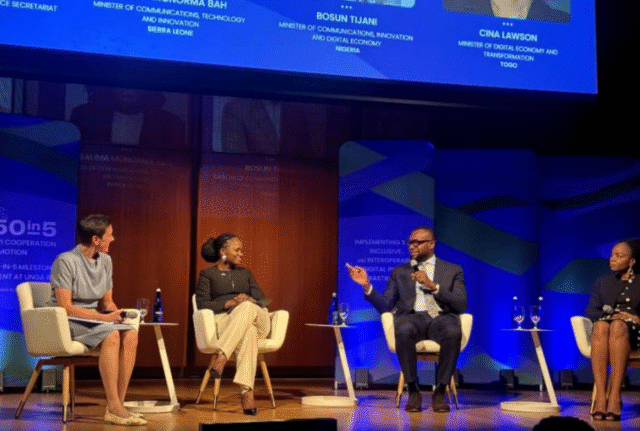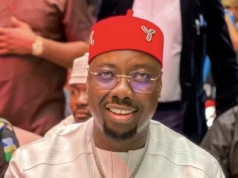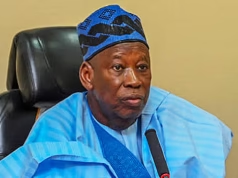In a bold move signalling its ambition to deepen digital transformation, Nigeria has formally joined the Digital Public Goods Alliance (DPGA) — a global, multi-stakeholder initiative endorsed by the United Nations. This membership gives Nigeria access to powerful open technologies, platforms, and best practices that can be adapted and scaled to serve its citizens, while helping the country contribute to global innovation in digital public infrastructure.
At a time when countries are racing to ensure no one is left behind in the digital age, Nigeria’s decision underscores its commitment to a more open, inclusive, and forward-looking digital future.
Table of Contents
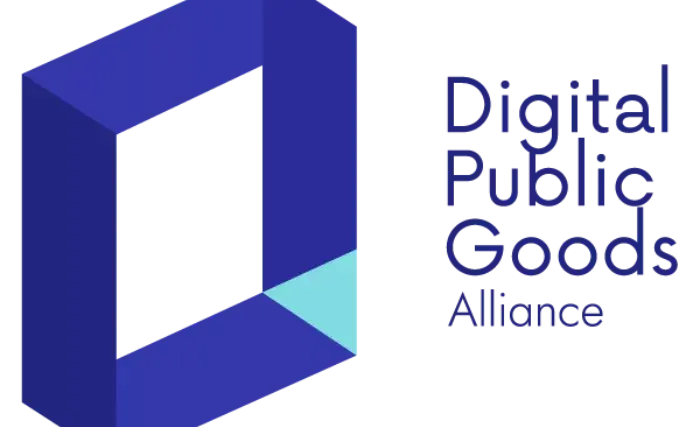
What Does This Membership Mean?
Digital public goods (DPGs) are open-source software, open data sets, open AI models, and openly licensed content that governments, civil society, and institutions can freely use, adapt, and distribute — so long as those solutions follow rigorous standards around privacy, inclusivity, and “do no harm.” According to DPGA’s principles, these goods must be interoperable, sustainable, and aligned with the UN’s Sustainable Development Goals (SDGs).
By joining DPGA, Nigeria signals that it will integrate DPGs into its national digital service architecture — not merely as experimental or pilot projects, but as core infrastructure. The government has committed to enabling policy frameworks, fostering public-private collaboration, and embedding DPGs into its digital public infrastructure.
More tangibly, Nigeria is already mapping out a national playbook to standardise the adoption of key open tools such as:
- OpenCRVS (for civil registration and vital statistics)
- DHIS2 (health information systems)
- KoboToolbox (data collection)
Moreover, local solutions from Nigerian innovators are in the pipeline for nomination — including systems already in use by health and civic-tech organisations. Examples include eHealth Nigeria’s use of OpenMRS to digitise health records in the north, BudgIT’s platforms for open budgeting and transparency, and Citizens’ Gavel, which advances digital access to legal justice.
Through this approach, not only will Nigeria reap benefits from a global shared repository of digital goods, but it also hopes to export homegrown solutions that adhere to global standards.
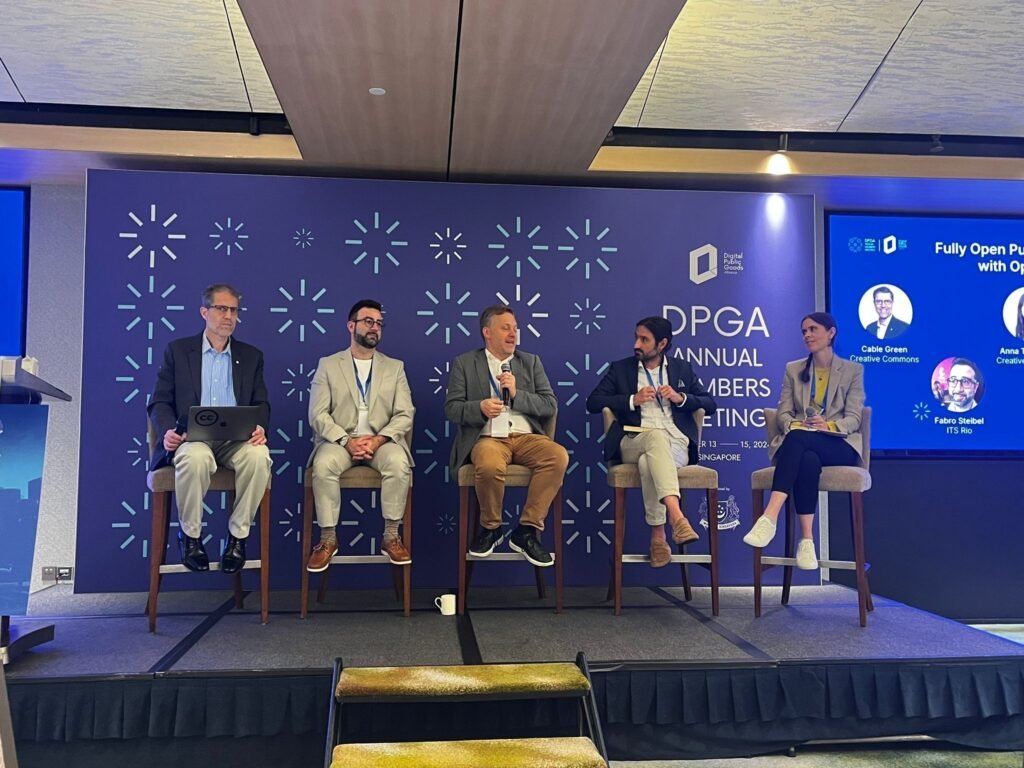
Voices from the Frontlines
Dr Bosun Tijani, the Minister of Communications, Innovation & Digital Economy, made clear the government’s vision:
“Nigeria’s membership … reinforces our commitment to building an open, inclusive, and collaborative digital ecosystem that empowers our people and drives sustainable growth. … The adoption of digital public goods ensures that innovation within government is transparent, interoperable, and globally connected.”
From the DPGA side, Liv Marte Nordhaug, CEO of the Alliance Secretariat, praised Nigeria’s move:
“By embracing digital public goods in its policy processes and capacity building efforts, Nigeria is strengthening its own digital public infrastructure … and demonstrating global leadership in driving inclusive and sustainable digital transformation.”
These remarks were delivered during the DPI Cooperation in Motion 50-in-5 Milestone Event, held alongside the 80th United Nations General Assembly (UNGA80) in New York on September 22, 2025.
That timing is significant — Nigeria’s membership announcement piggybacked on a major UN forum, showing the country wants both recognition and collaboration at the global level.
Challenges Ahead & Pathways Forward
Nigeria’s move is promising, but it will not be frictionless. To make this shift successful, several challenges must be managed:
- Coordination across agencies and states
Nigeria is a federal country. Different ministries, agencies, and sub-national governments must agree on standards, governance, and adoption approaches. Harmonising these diverse actors will require strong leadership, incentives, and a clear institutional framework. - Capacity and skill gaps
While open tools reduce licensing costs, deploying, customising, maintaining, and integrating them demands expertise. Nigeria’s plan includes capacity-building programmes like 3MTT and DevsInGovernment to develop and nurture local developer talent. - Sustainability and long-term maintenance
Open-source is not a “set-and-forget” solution. Nigeria will need plans for long-term governance, version upgrades, security audits, and community support to keep systems alive and trustworthy. - Ensuring equity and inclusion
Tools must be adapted to Nigeria’s linguistic diversity, rural connectivity constraints, and accessibility needs. Open goods must not become a new form of exclusion if they favour only well-resourced users or regions. - Balancing sovereignty, openness and security
Adopting globally shared solutions raises questions of data sovereignty, privacy, and national security. Nigeria will have to enforce safeguards, policies, and oversight to ensure sensitive citizen data remains secure and under its governance.
If it can overcome these hurdles, Nigeria stands to reap multiple benefits:
- Lower costs through reuse rather than reinventing solutions
- Greater interoperability across ministries and systems
- Faster deployment of digital services
- Stronger local tech ecosystems
- The possibility of exporting Nigerian digital goods globally
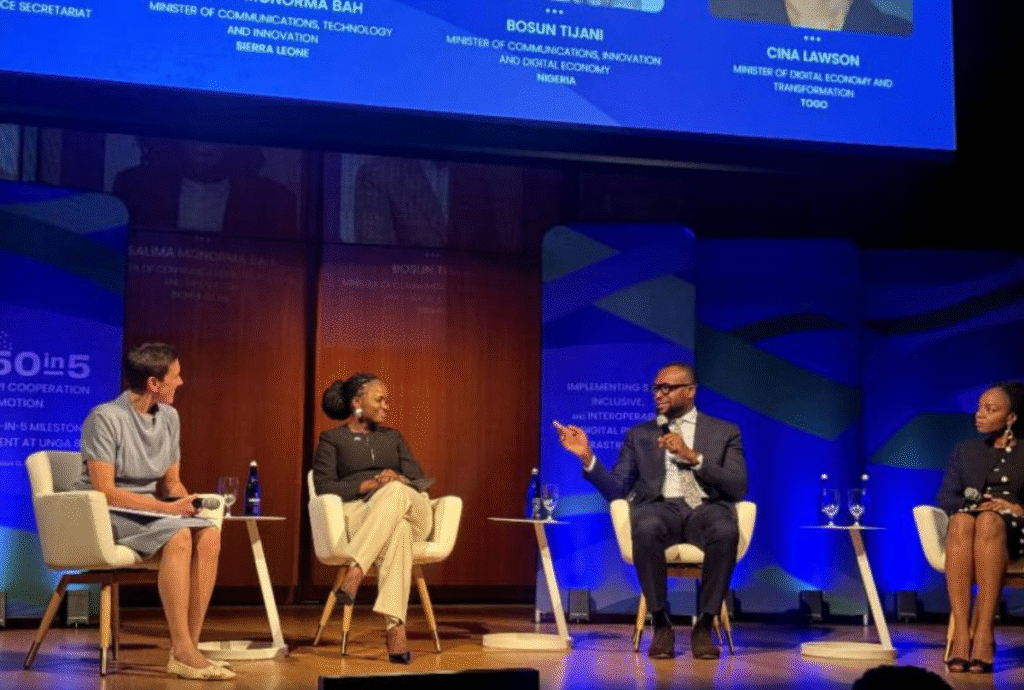
What It Means for Nigeria & Africa
At a national level, this could be a turning point in Nigeria’s digital agenda. The move reinforces the country’s Digital Public Infrastructure (DPI) framework, which already treats openness, diversity, and innovation as core pillars.
For citizens, the promise is better services — in health, education, civil registration, justice, and more — delivered by systems that can be transparently inspected, updated, and improved over time.
On the continental stage, Nigeria’s membership boosts Africa’s representation within global open technology networks. As Nigeria contributes its own tools and lessons, it may help other African nations leapfrog development challenges more quickly, especially in resource-constrained settings.
By joining DPGA at this moment, Nigeria is casting itself not just as a consumer of digital public goods but as a co-creator and custodian of the open digital commons.
Join Our Social Media Channels:
WhatsApp: NaijaEyes
Facebook: NaijaEyes
Twitter: NaijaEyes
Instagram: NaijaEyes
TikTok: NaijaEyes


